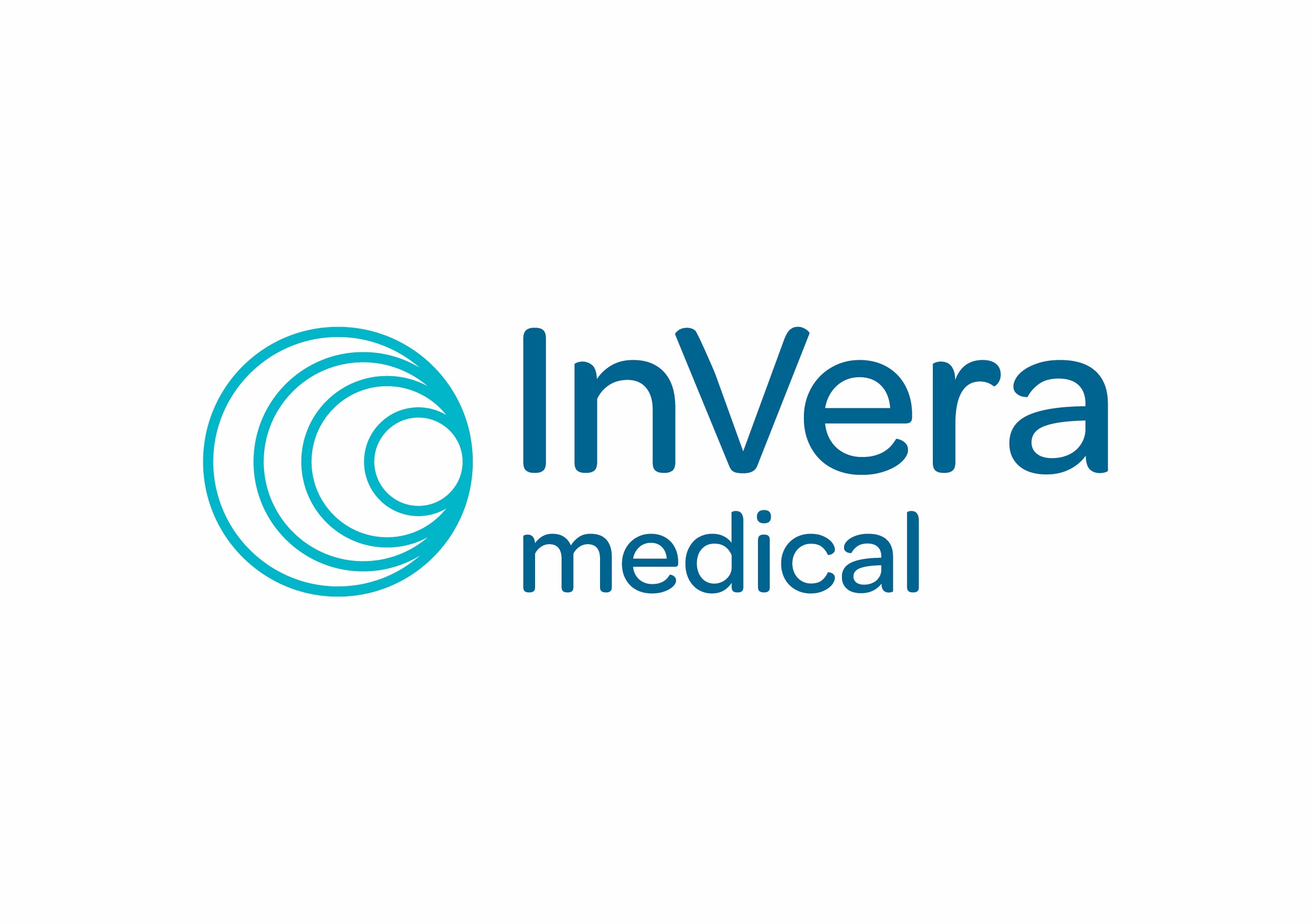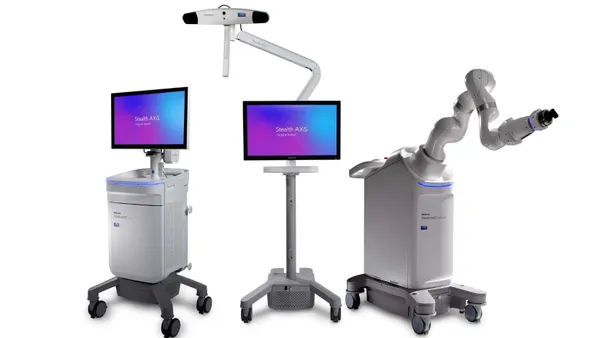Dive Brief:
- Oracle Health is releasing a new artificial intelligence-backed electronic health record, months after the technology giant first teased the “next generation” system.
- The EHR allows clinicians to use voice commands to access information, like a patient’s latest lab results or a list of current medications, cutting down the amount of time providers spend navigating through health records, the technology giant said in a press release Wednesday.
- The AI-backed product is now available for ambulatory providers in the U.S., pending certification by the Assistant Secretary for Technology Policy/Office of the National Coordinator for Health IT, Bharat Sutariya, SVP and chief health officer at Oracle Health, told Healthcare Dive. Oracle plans to launch functionality for the acute care market in 2026.
Dive Insight:
The company argues integrating AI throughout the records system lessens the amount of work needed to search through records and input patient information — a long-term concern for clinicians, who say administrative tasks in the EHR drag into after-work hours and distract from patient care.
The record uses AI to generate summaries of patient information, so providers can quickly access relevant data, Oracle said. When reviewing patient charts, providers can use voice commands to pull information from multiple sources, like drug databases, pharmacy records and clinical guidelines.
Content generated by AI is clearly identified, Sutariya said. Oracle offers “visual output for each AI capability, which outline the data sources, intended use, limitations, and risks, ensuring transparency into how the model operates and supporting safe, informed clinical use,” he said.
The EHR can also highlight potential problems, including care gaps, financial concerns and readmission risks, so providers can act more quickly, Oracle said. Additionally, the system should learn from clinicians’ behavior over time and adjust to their preferences.
Providers can also add their own AI agents — AI tools that are able to act more autonomously — or integrate third-party products to work alongside Oracle’s AI agents, the technology giant said.
“While our competitors seem content with bolting features onto antiquated technology, we took on the enormous and highly complex challenge of creating an entirely new EHR, built in the cloud for the Agentic AI era,” Seema Verma, executive vice president and general manager of Oracle Health and Life Sciences, said in a statement. “Our agents act as smart assistants that can dynamically surface critical insights and queue suggested actions while enabling clinicians to remain in control.”
The new record comes about three years after Oracle closed its more than $28 billion acquisition of EHR vendor Cerner, setting the technology firm on track to dive more deeply into the healthcare sector.
However, the business has faced some headwinds in recent years, including a challenging EHR rollout at the Department of Veterans Affairs and declining EHR market share in hospitals.
Last year, major competitor Epic controlled more than 42% of acute care hospitals, while Oracle held nearly 23%, according to a report published this spring by Klas Research.
Oracle’s new EHR announcement comes days before Epic hosts its annual Users Group Meeting. This month, Epic is reportedly planning to reveal its own AI clinical documentation assistant.















